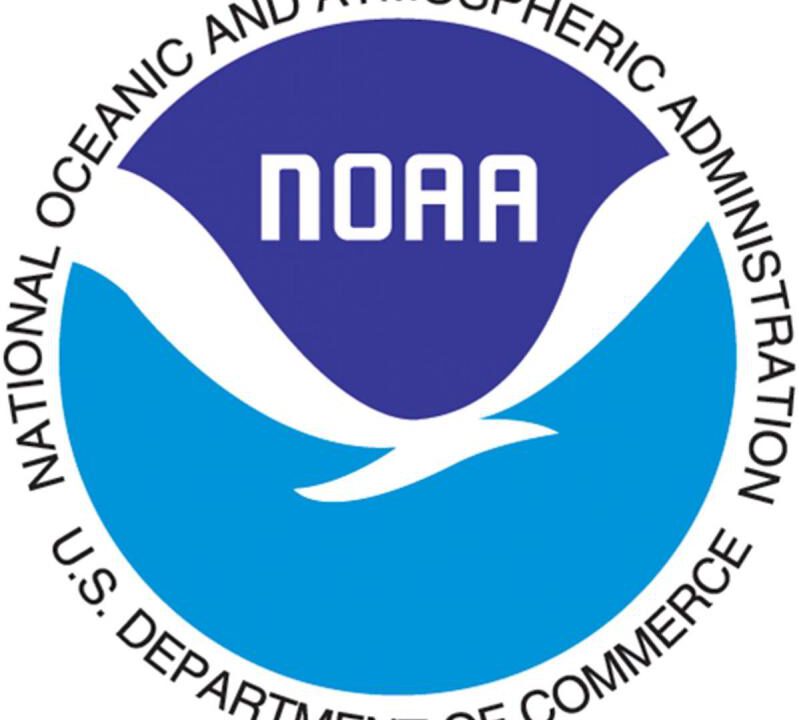
NOAA Activity: The Earth’s Energy Budget: Global Energy Flow
Students learn how energy, in the form of radiation, flows from the sun to the earth and how Earth’s atmosphere and surface plays a role in this exchange.

Students learn how energy, in the form of radiation, flows from the sun to the earth and how Earth’s atmosphere and surface plays a role in this exchange.

Project Wild is a great resource that includes Teacher Workshops, Teacher Training, Activities, Field Investigations, and Student Resources. Topics focus on Conservation, Wildlife, Natural Resource management, Renewable Energy Sources, habitats,
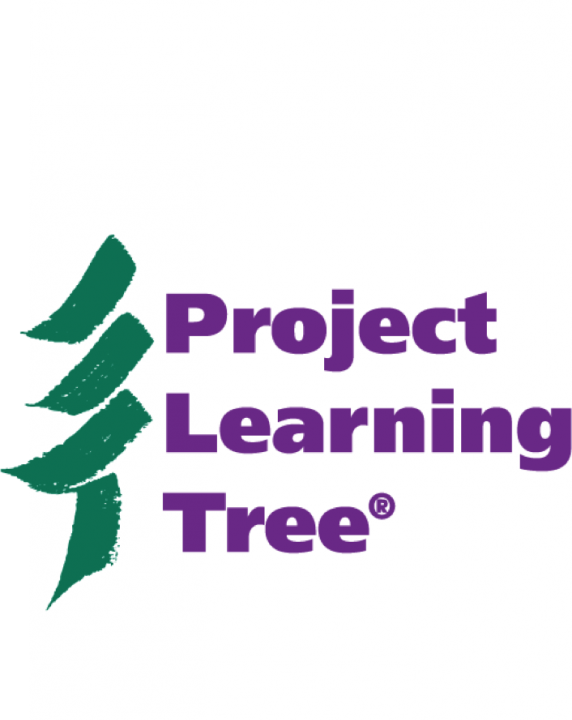
Project Learning Tree is a great Teacher Resource that includes Teacher Trainings, Workbooks, Student Activities, E-units and more! Include a vast amount of nature related topics including Climate Change Impacts,
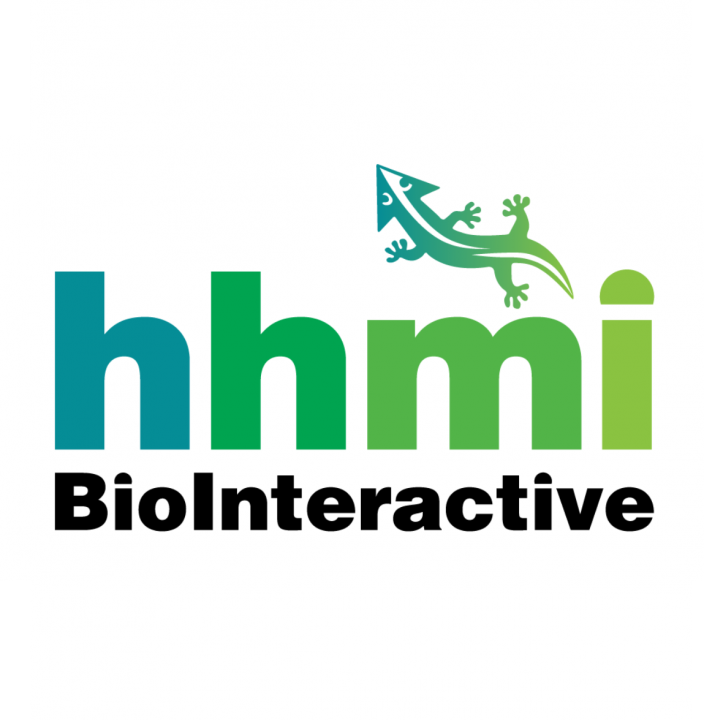
BioInteractive brings real world science to classrooms from the scientists lab in a fun and engaging way. Includes topics on Climate Change, Genetics, Ecology, Biochemistry and more! Enjoy classroom resources,
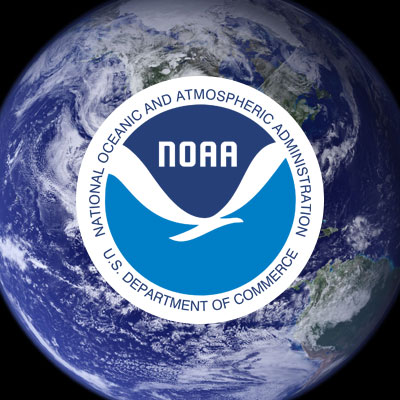
A portal by NOAA’s Climate Literacy and Energy Awareness Network (CLEAN) for lots vetted education Lesson Plans, Activities, and other Resources around Climate Science and Resilience.
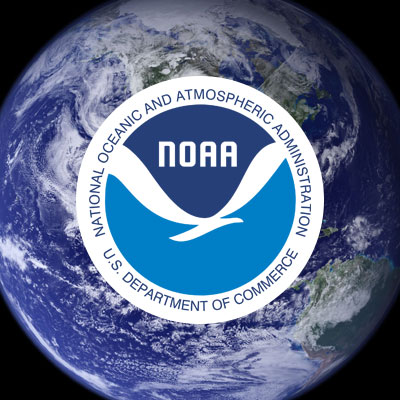
NOAA’s U.S. Climate Resilience Toolkit. A collection of data, case studies, and information on climate and resilience for educators.
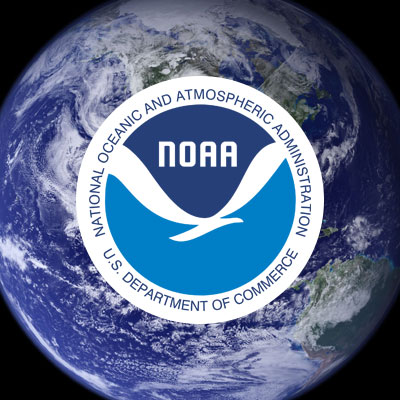
NOAA’s Climate Literacy Principals, a resource including fundamental concepts for Teaching Climate Science. The Teaching Climate Science section supports the Next Generation Science Standards.
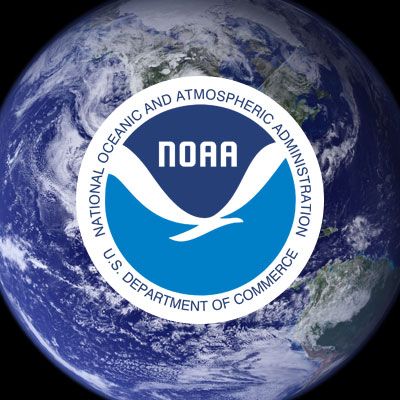
NOAA’s Climate Literacy and Energy Awareness Network (CLEAN). A collection of educator reviewed Climate Lesson Plans. Includes activities, videos, animations, short demonstrations and more!
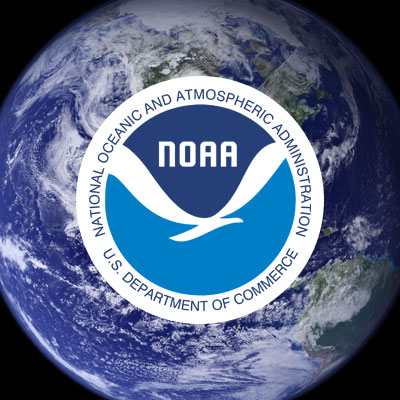
Students learn how energy, in the form of radiation, flows from the sun to the earth and how Earth’s atmosphere and surface plays a role in this exchange
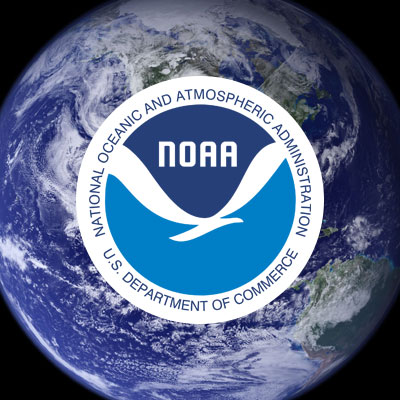
Seasonal Swings Compare weather data between estuaries at different latitudes to determine trends between air and water temperature and dissolved oxygen.
Notifications